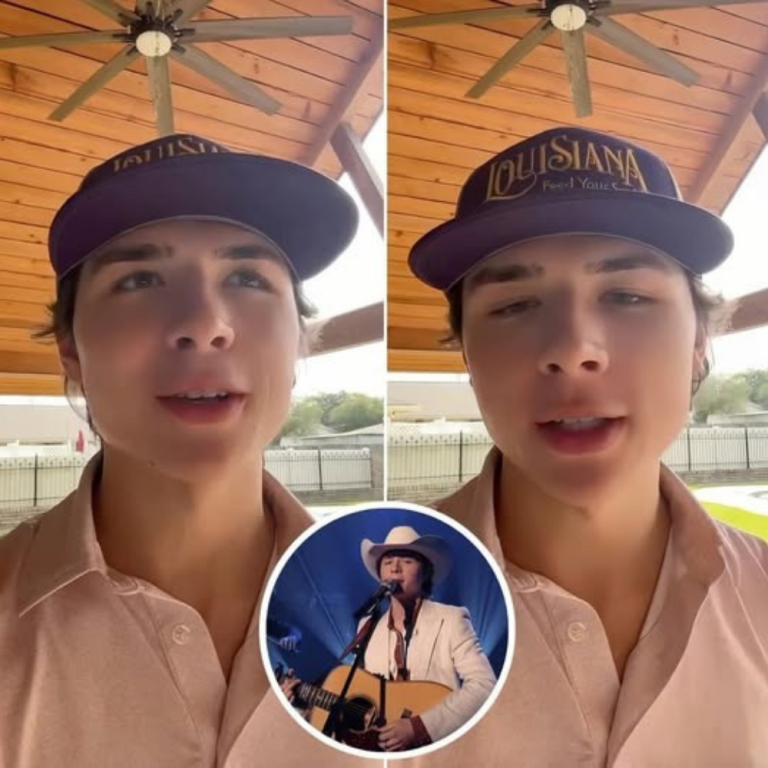In a recent episode of a podcast, hip-hop veteran Cam’ron stirred the pot by putting fellow rapper Jim Jones on blast, revealing that it was none other than Mase who taught Jones how to rap. The discussion, which touched on the intricate dynamics of their relationships and the history of hip-hop, highlighted a rift that has seemingly resurfaced among the artists.
 Cam’ron, while reflecting on their past, emphasized that Jim Jones was not a natural part of their Harlem upbringing, suggesting that Jones had to assert his affiliation with the city repeatedly. “You act like you were a fan, you begged us,” Cam’ron stated, dismissing Jones’s claims of authenticity within the Harlem scene. He elaborated on how Jones initially connected with them, crediting Mase for mentoring him in the art of rap.
Cam’ron, while reflecting on their past, emphasized that Jim Jones was not a natural part of their Harlem upbringing, suggesting that Jones had to assert his affiliation with the city repeatedly. “You act like you were a fan, you begged us,” Cam’ron stated, dismissing Jones’s claims of authenticity within the Harlem scene. He elaborated on how Jones initially connected with them, crediting Mase for mentoring him in the art of rap.
The remarks came after Cam’ron posed a seemingly innocuous question to 50 Cent regarding an incident from years ago, which he thought was a light-hearted reference. However, the conversation spiraled into a deeper critique of Jones’s character and his relationships within the hip-hop community. Cam’ron accused Jones of being overly sensitive to past grievances while maintaining cordial ties with those who had previously clashed with him.
Throughout the exchange, Cam’ron illustrated a pattern he perceives in Jones’s interactions. He noted that Jones seems to reconcile with those who have confronted him physically while continuing to hold onto grudges against others, particularly those who have shown him kindness without reciprocation. This observation painted a picture of an artist struggling with his identity and alliances within the competitive landscape of hip-hop.
As the discussion progressed, Cam’ron’s tone remained candid yet reflective, suggesting that the industry often overlooks the contributions of those who have supported artists like Jones. He remarked, “The people that help you the most are often the ones that never appreciate you,” hinting at a broader commentary on the fleeting nature of gratitude in the music business.
The revelations have sparked conversations among fans and followers of hip-hop culture, as the relationship dynamics between these influential figures have often been complex and fraught with tension. Cam’ron’s comments may reignite interest in the history and rivalries that have shaped the genre, reminding audiences of the intricate web of relationships that exist behind the scenes.
As the fallout from this candid discussion unfolds, fans are left wondering how this will affect the already tumultuous relationships within the Harlem rap scene and beyond. The exchange serves as a reminder of the personal narratives that often intertwine with professional careers in music, highlighting the importance of loyalty, appreciation, and the sometimes harsh realities of fame.






